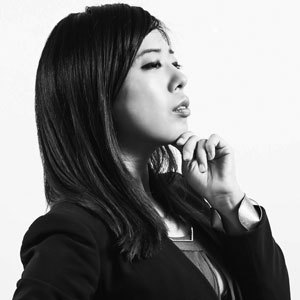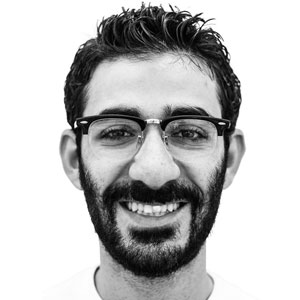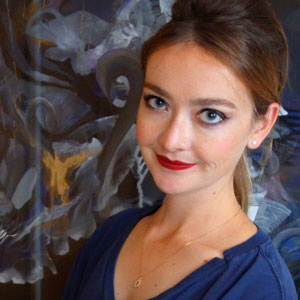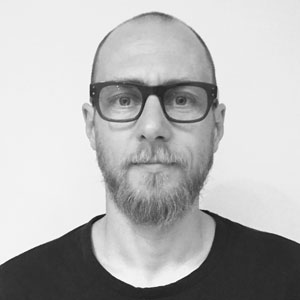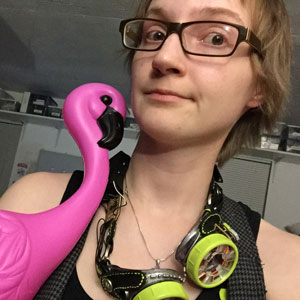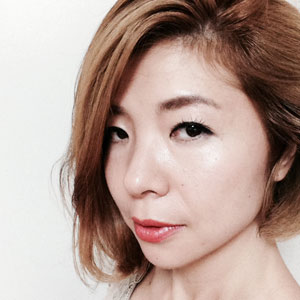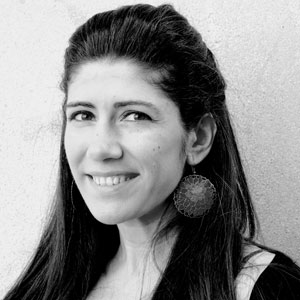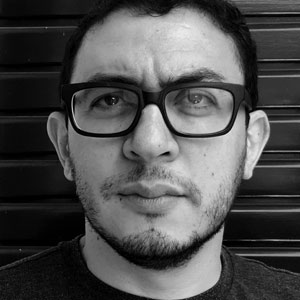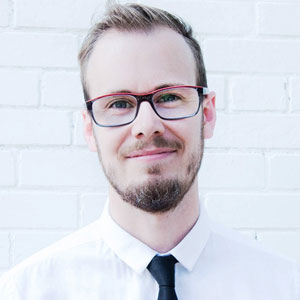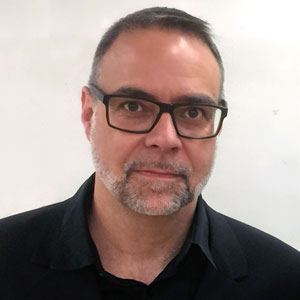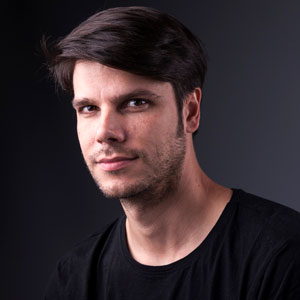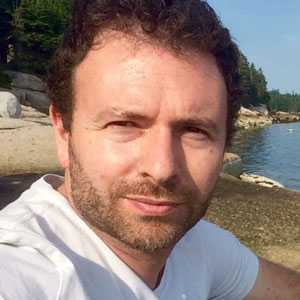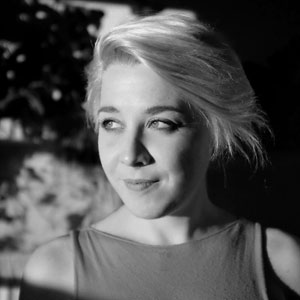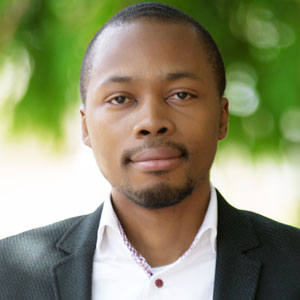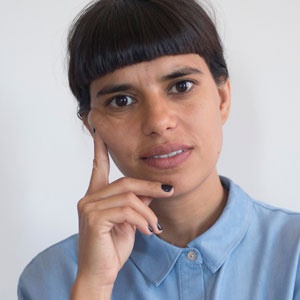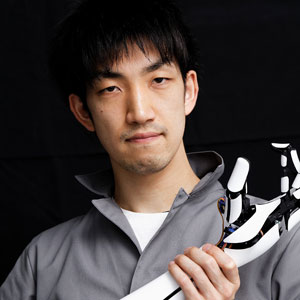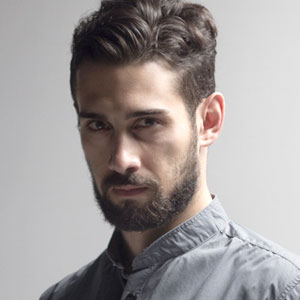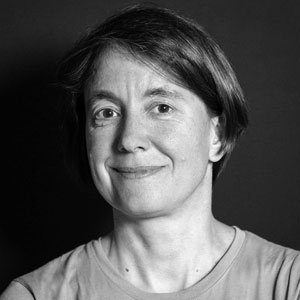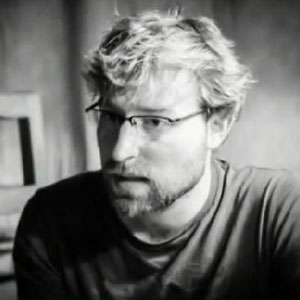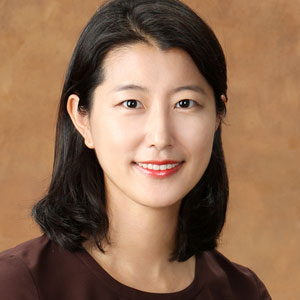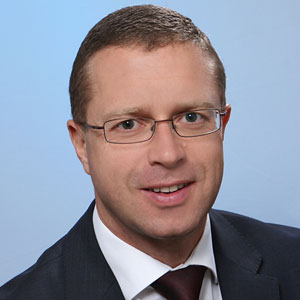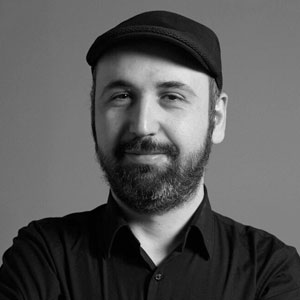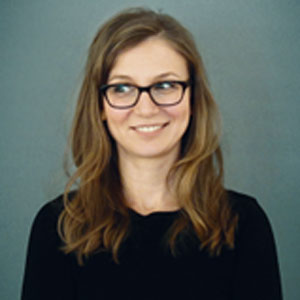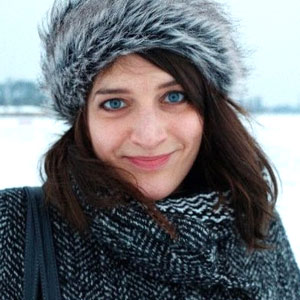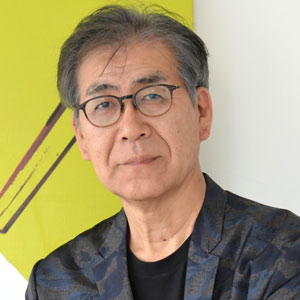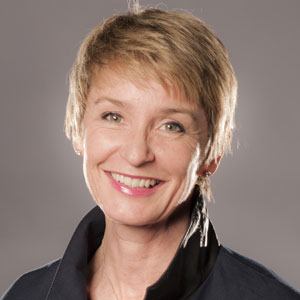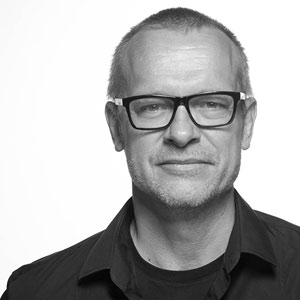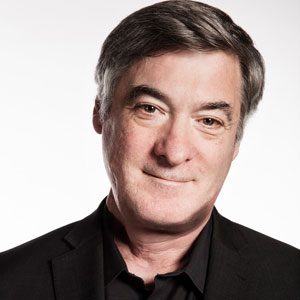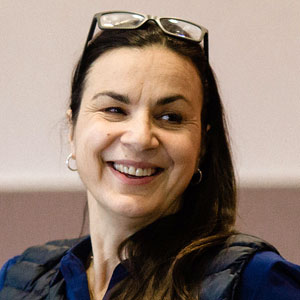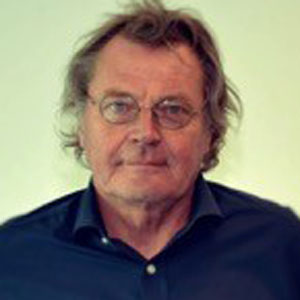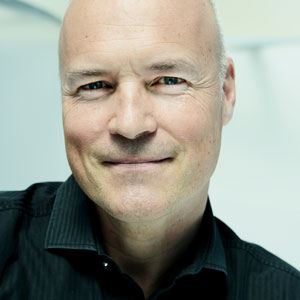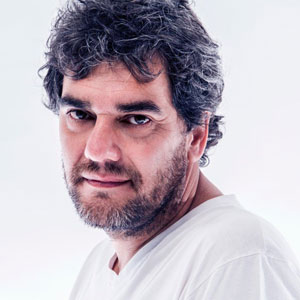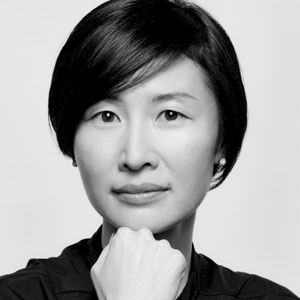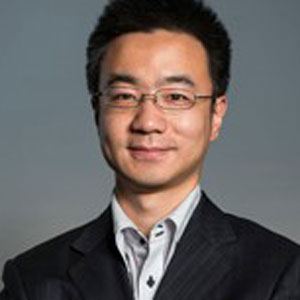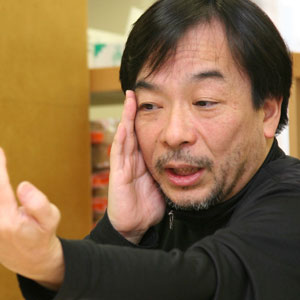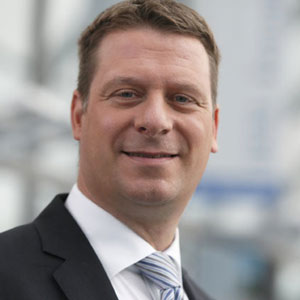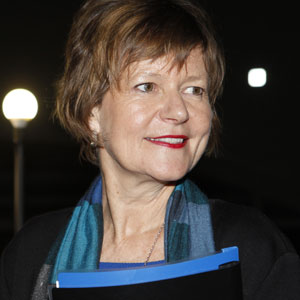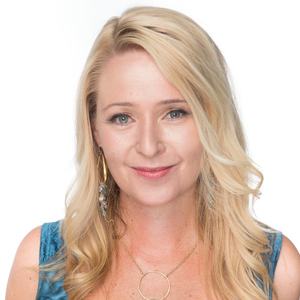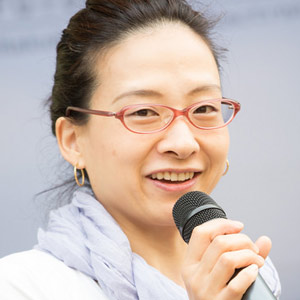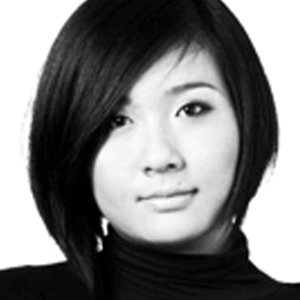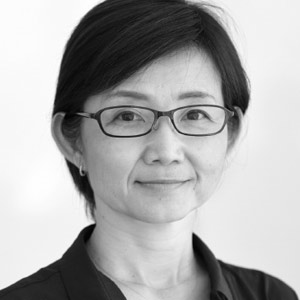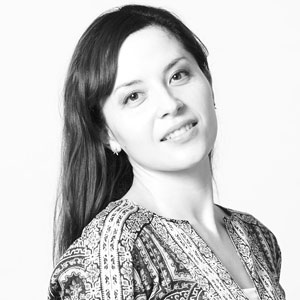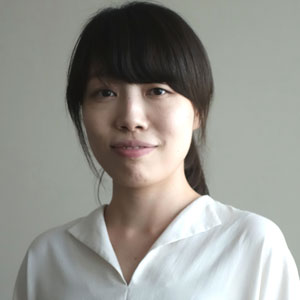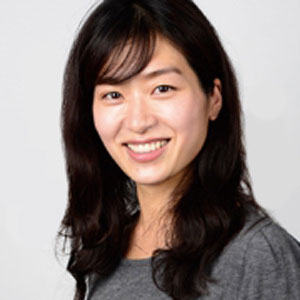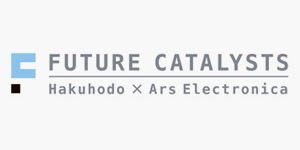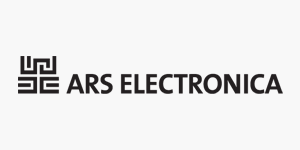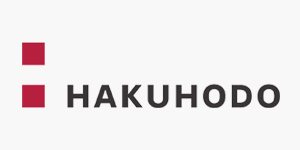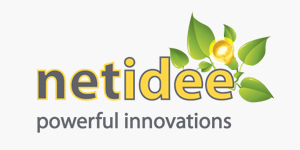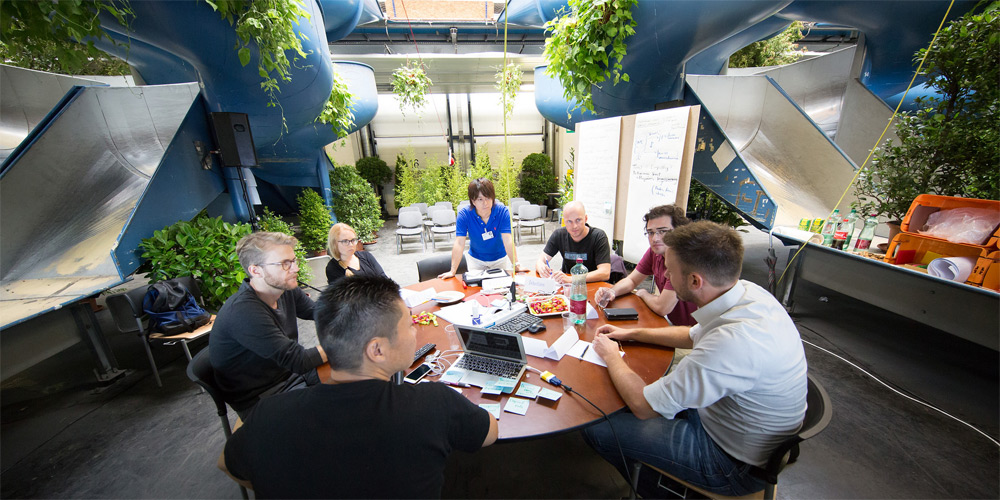
Creating agendas for tomorrow
Was ist in Zukunft ein Glücksmoment? Wie sieht die Schule des 21. Jahrhunderts aus? Welche Open Commons (digitale Gemeingüter) benötigen wir angesichts des rasanten Fortschritts der KI-Technologie?
Nach der erfolgreichen Premiere bei der Ars Electronica 2014 und der spannenden Fortsetzung im Jahr 2015 wird auch dieses Jahr im Rahmen des Future Innovators Summit nicht direkt nach Antworten gesucht, sondern viel mehr die wichtigen Fragen für die Zukunft aufgeworfen: “Creative Questions”. In Workshops und intensiven Diskussionen besprechen KünstlerInnen, DesignerInnen, WissenschaftlerInnen, TechnikerInnen, UnternehmerInnen und SozialaktivistInnen aus der ganzen Welt ihre Ideen und Projekte zu den Themenkomplexen dieses Jahres: Zukunft der Menschheit, Zukunft der Bildung und Zukunft der Commons (Gemeingüter). Der Future Innovators Summit wurde von Ars Electronica und Hakuhodo entwickelt und in diesem Jahr in Kooperation mit netidee realisiert.

Programm des Future Innovators Summit
| DO 8.9.2016 10:00-11:30 |
FIS Breakfast Kick-off Flashtalks Moderation: Hideaki Ogawa (JP), Kazuko Tanaka (JP) |
| DO 8.9.2016 16:00-17:30 |
FIS TeaTime Kick-off Flashtalks Moderation: Kristefan Minski (AU) |
| FR 9.9.2016 10:00-17:00 |
Workshop-Day |
| SA 10.9.2016 10:00-18:00 |
Mentor-Day |
| SO 11.9.2016 16:30-18:00 |
FIS Final Presentation Moderation: Kazuhiko Washio (JP), Hideaki Ogawa (JP) |
| MO 12.9.2016 11:30-12:30 |
Future Innovators Summit 2017 Moderation: Hideaki Ogawa (JP) |
Initial Questions
Future Humanity
- What will only humans be able to do?
- What should only humans do?
- What will a sanctuary of the future be?
- What will a delightful moment be in the future?
Future Education
- What is the school of the 21st century?
- What should people study in the age of AI and the robot?
- What is the education for inventing the future?
Future Commons
- What will an important physical community be in the future?
- How can we create a sense of solidarity for resilience?
- What kind of open commons are needed with the radical progress of AI technology?
- Which social goals can be addressed by open- source and innovative technologies like block- chain?
- What will the ethical questions be in future commons?

